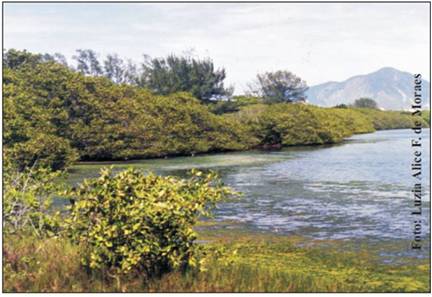THE ECOHYDROLOGY INTEGRATED APPROACH FOR SUSTAINABLE MANAGEMENT OF AQUATIC ECOSYSTEMS
Keywords:
Aquatic ecosystems, management, sustainable use.Abstract
Aquatic ecosystems are increasingly suffering the negative impacts of human activities. Escalating drought, deforestation, capitation, irresponsible land use, and pollution are direct consequences that demand an integrated management scheme. Such a scheme depends on the supporting capacity and resiliency of aquatic ecosystems, being aimed at the conservation of local resources quality and availability. UNESCO is currently employing hydrologic programs in different regions of the world to understand the existing interrelationships between ecology and hydrology. The main goal of ecohydrologic programs is to encourage the collaboration between scientists and political decision-makers in searching for sustainable operational processes, and dissemination of novel ways of thinking and acting which mind preserving biological integrity. The mechanistic model is not sustainable as it does not take into consideration the biological processes driving nutrient cycles within ecosystems. The general policy of ecohydrology is systemic and integrated, aiming at understanding the ecological, climatic and human-induced processes that affect aquatic ecosystems. The irresponsible use of natural resources is bringing drought, which is bound to handicap the production of vital resources for sustaining human population, as is already happening in some parts of the world. On our contemporary attitude depends life quality in the future. An integrated management of aquatic ecosystems will only become possible from changing current paradigms, from multi-, inter- and trans-disciplinary action, and based on the relentless search for sustainable technology and practices.


